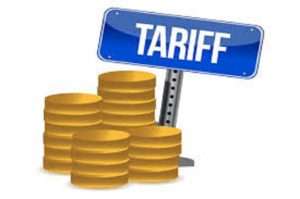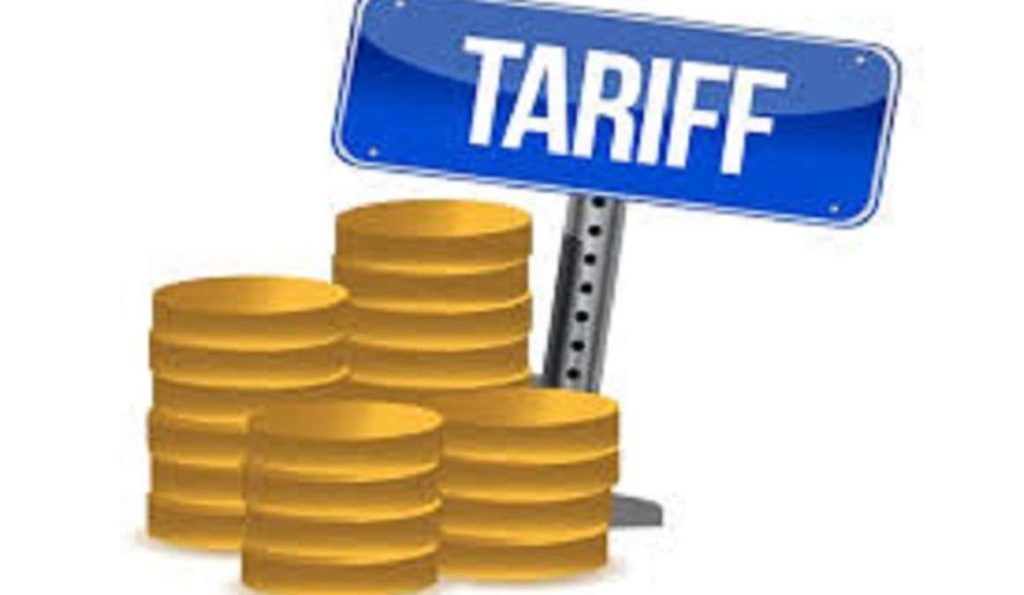
Yesterday, the New Civil Liberties Alliance, a prominent conservative public interest group, filed a lawsuit challenging Trump’s IEEPA tariffs against China. To avoid confusion, I should not these are not the much more sweeping “Liberation Day” tariffs enacted against some 180 nations (also using the IEEPA), which the Liberty Justice Center and I plan to challenge in court. The NCLA lawsuit focuses on the 10% tariff against Chinese imports adopted in February under the theory that it is somehow necessary to combat fentanyl smuggling. Still, their arguments (especially on nondelegation and the major questions doctrine) overlap in some ways with those I have been promoting since February, when Trump first announced IEEPA tariffs against China, Mexico, and Canada in February.
Here is NCLA’s description of their case:
Representing Simplified, a Pensacola-based company owned by entrepreneur Emily Ley, NCLA challenges President Donald Trump’s unlawful attempt to require Americans to pay a heavy tariff on all products they import from China. President Trump imposed the tariff by invoking the International Emergency Economic Powers Act (IEEPA). However, this statute authorizes specific emergency actions like imposing sanctions or freezing assets to protect the United States from foreign threats. It does not authorize the President to impose tariffs. In its nearly 50-year history, no other president—including President Trump in his first term—has ever tried to use the IEEPA to impose tariffs. This lawsuit does not quibble with President Trump’s declaration of an opioid-related emergency, but it does take issue with his decision to impose tariffs in response, without legal authority to do so.
This China tariff is harmful to Simplified, a company that improves women’s lives by selling premium planners and other home management products. Simplified’s business depends on importing materials from China, and it already has paid substantial tariffs to purchase goods from China that are not available here. The “emergency” tariff will force it to make higher tariff payments, driving up its costs and thus prices for its customers, and reducing its profits.
Under art. 1, § 8 of the Constitution, Congress has sole authority to control tariffs, which it has done by passing detailed tariff statutes. The President cannot bypass those statutes by invoking “emergency” authority in another statute that does not mention tariffs. His attempt to use the IEEPA this way not only violates the law as written, but it also invites application of the Supreme Court’s Major Questions Doctrine, which tells courts not to discern policies of “vast economic and political significance” in a law without explicit congressional authorization. If the IEEPA were held to permit this executive order, then the statute would run afoul of the nondelegation doctrine because it lacks an “intelligible principle” to limit or guide the president’s discretion in imposing tariffs.
Reason’s Jack Nicastro has a more detailed summary of NCLA’s arguments here. For the complaint filed in the case, see here.
I have some differences with NCLA over other issues. But I think they are absolutely right about this case, and I commend them for bringing it.
I believe the Liberation Day tariffs are even more vulnerable on major questions and nondelegation grounds than the February China tariff, because of their vastly greater scope. They are a much bigger (or more “major”) question, and also a more egregious example of “delegation run riot,” as University of Texas law Prof. Sanford Levinson calls it. We also plan to make some arguments that NCLA did not, such as points related to the wording of the IEEPA (which requires an “unusual and extraordinary threat,” as well as the declaration of a national emergency, and arguments that there is no true national emergency here to begin with.
That said, I wish the NCLA and their client every possible success in pursuing this case.
The post NCLA Files Lawsuit Challenging Trump’s IEEPA Tariffs Against China appeared first on Reason.com.







